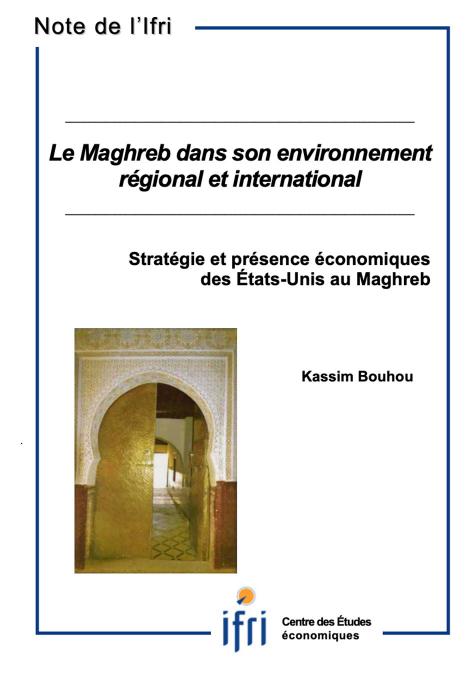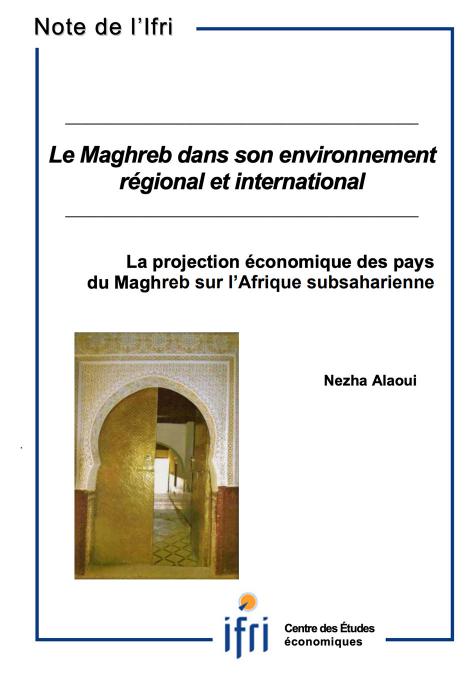Publications /
Policy Brief
The Taliban takeover of Kabul on August 16, 2021, and the ensuing Afghan regime collapse in face of the Islamists, sent a global shockwave that for a time obscured the country's economic woes during US occupation. This paper examines the situation and implications for the Afghan economy of Taliban rule.
U.S. presence was to put it mildly, barely beneficial to the Afghan economy, whose misleading results stem primarily from International Monetary Fund (IMF), World Bank (WB) and western donor funding and support. Surprisingly, nothing was done to develop Afghanistan’s rich subsoil in twenty years of US presence.
The advent of the Taliban deprives the country of Western aid and donations that kept the Afghan economy alive. China and Russia are among countries open to discussions with the ruling Islamic government, with an emphasis on security. The top priority in a country currently unable to pay its civil servants is however the economy. Developing subsoil resources is, admittedly, the only avenue for the country to break away from dependence and emerge out economic life-support. China, having already offered its services to the Taliban before the taking of Kabul, seems by far the most likely to take advantage of this situation.




